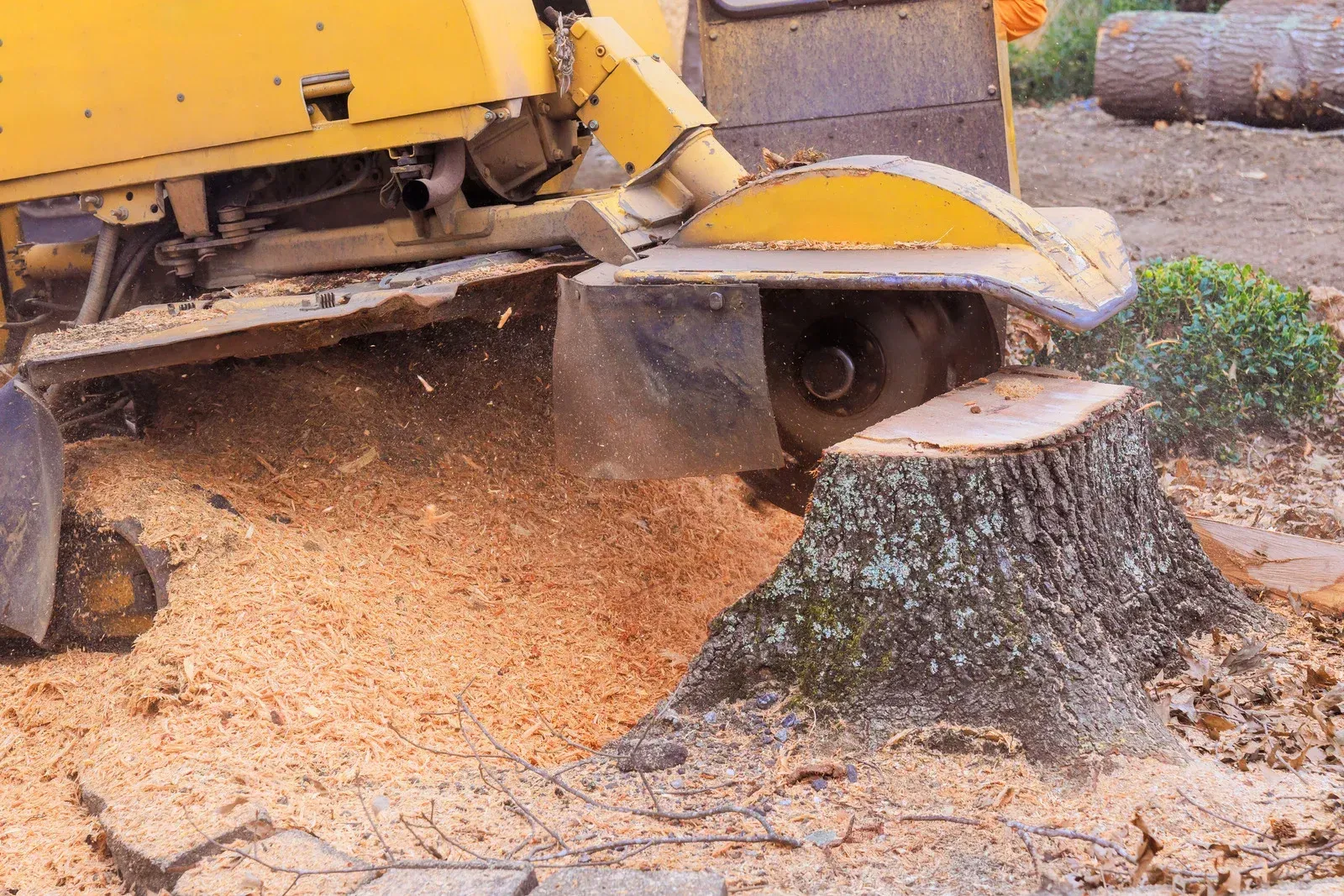Why Fire Abatement Is the Ultimate Property Protection
Fire abatement is a crucial practice that ensures the safety and preservation of properties, particularly in fire-prone areas. As climate change continues to escalate wildfire risks, taking proactive measures to prevent and mitigate fires is more important than ever. Fire abatement refers to the strategies and measures implemented to minimize the risk of fires spreading to properties. Fire abatement not only safeguards homes and businesses but also preserves natural landscapes, protects human lives, and reduces financial losses. This blog explores the significance of fire abatement and why it is the ultimate form of property protection.
Preventing Fire Spread
Stopping fires from spreading is one of the main goals of fire abatement. Wildfires are fueled by overgrown trees, unmanaged vegetation, and dry leaf accumulations. Property owners can greatly lower the chance of a fire starting and spreading by eliminating these fire dangers. Creating defensible space around a structure is a strategy that provides a buffer zone, making it more difficult for flames to reach buildings.
Enhancing Structural Protection
In addition to clearing vegetation, fire-resistant building materials play a critical role in fire abatement. Homes and commercial properties constructed with non-combustible materials, such as concrete, brick, and metal, are less susceptible to fire damage. Installing fire-resistant roofing, windows, and siding further enhances structural protection.
Reducing Financial Losses
Devastating financial losses, expensive repairs, and perhaps complete home damage can result from fires. Certain properties may lose their insurance coverage if they are situated in high-risk locations, and insurance claims for fire-related damages can be extremely burdensome. Implementing fire abatement measures can help lower insurance premiums and increase property values.
Ensuring Community Safety
Fire prevention is crucial for community safety in addition to safeguarding private homes. One neglected property can turn into a fire hazard, putting nearby residences and businesses at risk. Residents can cooperatively lower the risk of large-scale wildfires by implementing fire abatement measures as a community.
Environmental Benefits
Wildfires ruin ecosystems in addition to destroying houses and businesses. They contribute to air pollution and climate change by releasing enormous volumes of carbon dioxide into the atmosphere. Fire abatement helps preserve wildlife, forests, and water sources by preventing destructive fires. Sustainable land management practices, like controlled burns and brush clearing, contribute to healthier ecosystems and reduce the likelihood of catastrophic wildfires.
Legal and Ethical Responsibilities
Many municipalities have fire codes and regulations that require property owners to adhere to fire abatement guidelines. Failing to comply can result in fines and legal consequences. Beyond legal obligations, property owners have an ethical responsibility to protect their communities and the environment. Taking proactive steps to prevent fires demonstrates responsible stewardship and contributes to the overall well-being of society.
Fire abatement is a property protection strategy as it reduces fire ignition risk, prevents flame spread, and enhances community safety. Property owners can lessen financial strains, safeguard their interests, and create a safer atmosphere by putting appropriate fire abatement measures into place. Given the ongoing threat posed by wildfires, fire abatement is still an important duty that should not be disregarded. Taking action now can have a significant impact on protecting future lives and property.





